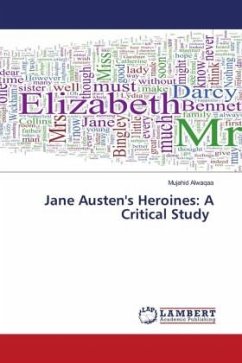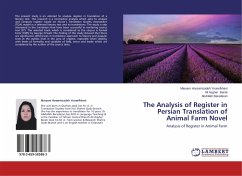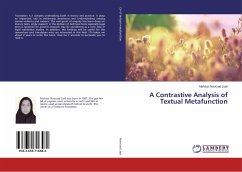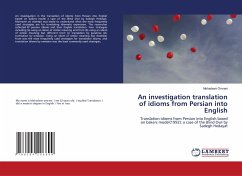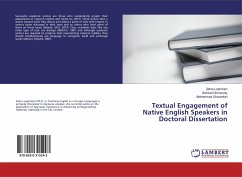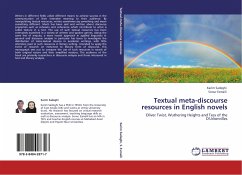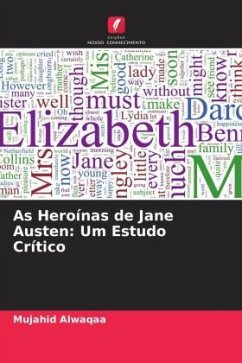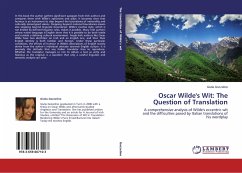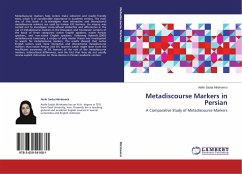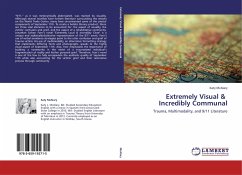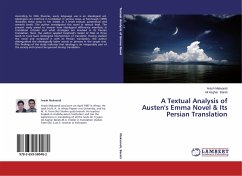
A Textual Analysis of Austen's Emma Novel & Its Persian Translation
Versandkostenfrei!
Versandfertig in 6-10 Tagen
36,99 €
inkl. MwSt.

PAYBACK Punkte
18 °P sammeln!
According to CDA theories, every language use is an ideological act. Ideologies can interfere in translation in various ways, as Fairclough (1995) illustrates these ways in her model at 3 levels textual, paratextual and semiotic levels. The author investigated this novel in textual level. The present study aimed to answer how ideological difference manifests in translation criticism and what strategies are involved in its Persian translation. Next, the author applied Farahzad's model of CDA at three levels to trace back ideological interventions of translator. Having studied the novel and comp...
According to CDA theories, every language use is an ideological act. Ideologies can interfere in translation in various ways, as Fairclough (1995) illustrates these ways in her model at 3 levels textual, paratextual and semiotic levels. The author investigated this novel in textual level. The present study aimed to answer how ideological difference manifests in translation criticism and what strategies are involved in its Persian translation. Next, the author applied Farahzad's model of CDA at three levels to trace back ideological interventions of translator. Having studied the novel and compared it with its Persian translation, the author distinguished the ideologically laden words or phrases in the target text. The findings of the study indicates that ideology is an inseparable part of the society and cannot be ignored during translation.



